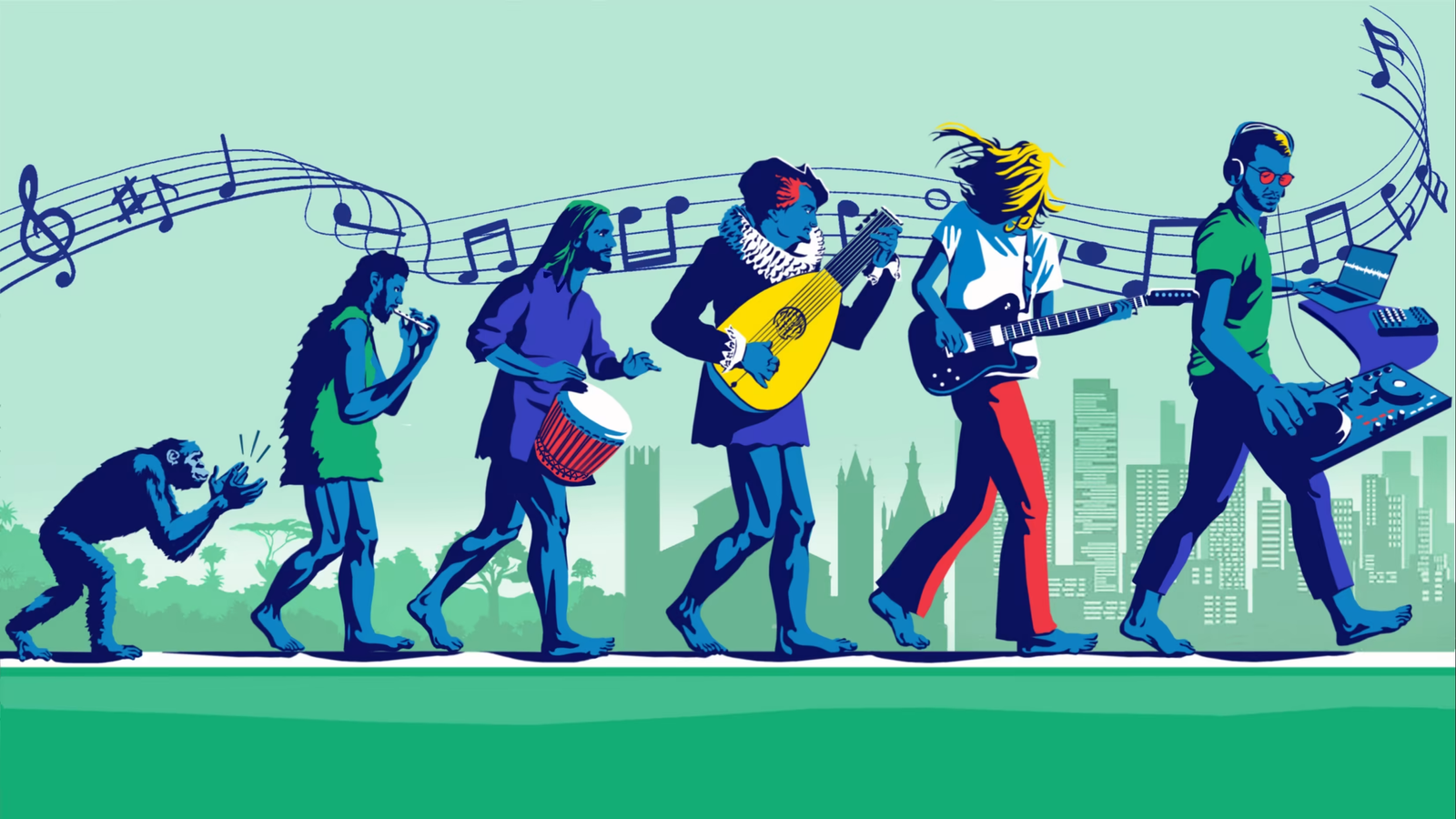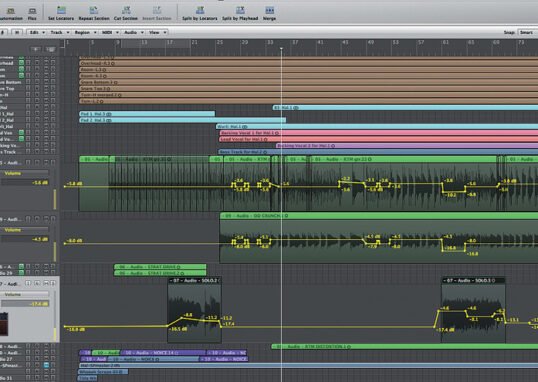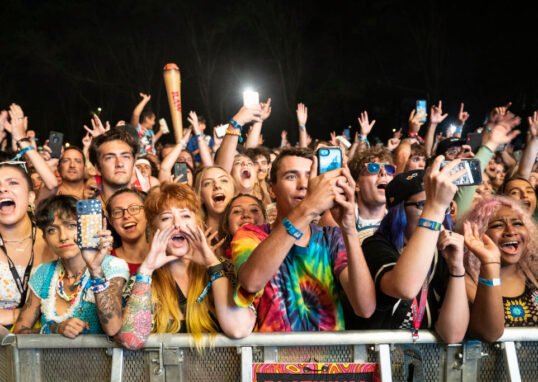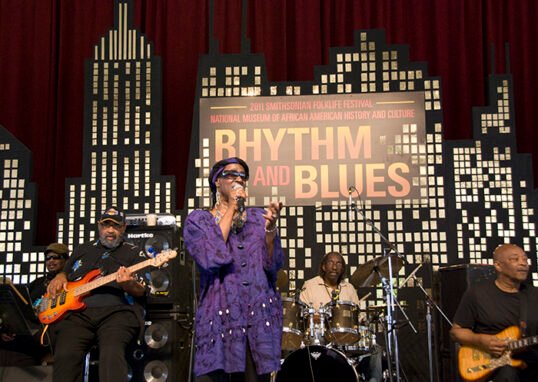
The digital age has brought unprecedented changes to nearly every aspect of our lives, and the music industry is no exception. For rock music, a genre deeply rooted in live performances and album sales, the rise of digital technology and streaming platforms has fundamentally altered how it is created, distributed, and consumed. In this blog post, we’ll explore how rock music has adapted to the digital age, the role of streaming services, and the future of the genre in this new era.
1. The Rise of Streaming Services
The advent of streaming services has been a game-changer for rock music. Platforms like Spotify, Apple Music, and Amazon Music have revolutionized the way listeners access and enjoy their favorite tracks. With millions of songs at their fingertips, fans can now explore extensive rock music catalogs, discover new artists, and create personalized playlists with ease.
For rock artists, streaming services offer both opportunities and challenges. On one hand, these platforms provide a global audience and a chance to reach listeners who might not have encountered their music otherwise. On the other hand, the revenue model of streaming services often leads to lower payouts per stream compared to traditional album sales. This has prompted many rock musicians to seek alternative revenue streams, such as live performances, merchandise, and crowdfunding.

2. Digital Platforms and Artist Promotion
In the digital age, social media has become a crucial tool for promoting rock music and engaging with fans. Platforms like Instagram, Twitter, and TikTok allow artists to share updates, behind-the-scenes content, and interact directly with their audience. This direct connection can build a loyal fan base and create buzz around new releases.
Rock bands and solo artists are also leveraging digital platforms to release music in innovative ways. Singles, EPs, and full-length albums are often debuted exclusively on streaming services, allowing artists to capitalize on digital marketing strategies and reach fans immediately. Live streaming concerts and virtual meet-and-greets have also become popular, offering fans unique experiences and expanding the possibilities for live music in a digital world.
3. The Impact of Online Communities
Online communities play a significant role in the digital landscape of rock music. Forums, fan clubs, and social media groups provide spaces for enthusiasts to discuss their favorite bands, share content, and organize events. These communities can amplify the reach of new releases and create a sense of belonging among fans.
Platforms like Reddit and dedicated rock music forums allow fans to engage in discussions, share bootleg recordings, and discover lesser-known bands. These interactions can lead to increased visibility for emerging artists and foster a sense of camaraderie within the rock music community.
4. The Evolution of Music Distribution
The way rock music is distributed has transformed dramatically with the rise of digital technology. Physical formats like vinyl and CDs, once the primary means of music distribution, have been overshadowed by digital downloads and streaming. While vinyl has seen a resurgence in recent years, driven by its nostalgic and collectible appeal, digital formats remain the dominant mode of music consumption.
Music distribution platforms, such as Bandcamp and SoundCloud, offer rock artists alternative avenues to share their work directly with fans. These platforms often feature independent and underground artists who may not have access to major record labels. This democratization of music distribution allows for greater diversity and innovation within the rock genre.
5. The Future of Rock Music in the Digital Age
As technology continues to evolve, the future of rock music in the digital age is filled with possibilities. Advances in virtual reality (VR) and augmented reality (AR) could transform how fans experience live performances, creating immersive and interactive concert experiences. Innovations in music production and distribution will likely lead to new ways for artists to create and share their music.
Moreover, the integration of artificial intelligence (AI) in music creation and recommendation algorithms may influence the direction of rock music. AI tools can assist in composing music, generating new sounds, and predicting trends, potentially shaping the future of the genre.
Despite the changes brought about by the digital age, the core essence of rock music—its energy, rebellion, and connection with fans—remains unchanged. As the genre adapts to new technologies and platforms, it will continue to evolve while staying true to its roots.
Conclusion
The digital age has had a profound impact on rock music, transforming how it is created, distributed, and experienced. Streaming services, social media, online communities, and new technologies have reshaped the landscape of the genre, offering both opportunities and challenges for artists and fans alike. As rock music continues to navigate the digital landscape, it will undoubtedly continue to evolve and thrive, maintaining its relevance and influence in the ever-changing world of music.






